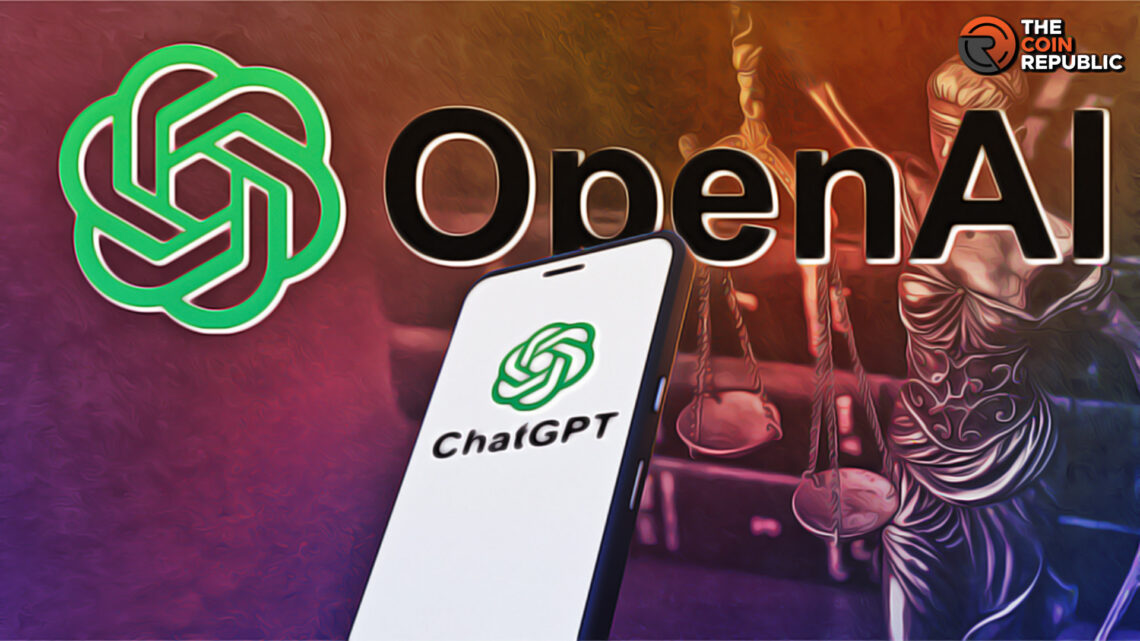- 1 OpenAI has introduced the “Copyright Shield” initiative, offering to cover the legal expenses for business-tier ChatGPT users.
- 2 OpenAI’s promise to financially support its customers in copyright-related legal challenges aligns with similar efforts by tech giants like Microsoft and Google.
In a significant move to safeguard its users from the legal ramifications of copyright infringement, OpenAI has introduced the “Copyright Shield” initiative, offering to cover the legal expenses for business-tier ChatGPT users. The pledge was unveiled during OpenAI’s inaugural developer conference, DevDay, held on November 6th, 2023.
This Copyright Shield, as named by OpenAI, extends to users of its business-tier ChatGPT Enterprise and the developer platform, providing them with protection against legal claims related to copyright infringement. However, it’s essential to note that this protection does not encompass users of the free and ChatGPT premium versions.
OpenAI’s commitment to defend and financially support its customers in copyright-related legal challenges aligns with similar efforts by tech giants like Microsoft, Amazon, and Google. In a landscape where copyright disputes are becoming increasingly common, OpenAI is joining the industry leaders in standing by its users.
During DevDay, OpenAI CEO Sam Altman underscored the company’s dedication to its customers, stating, “We will step in and defend our customers and pay the costs incurred if you face legal claims around copyright infringement, and this applies both to ChatGPT Enterprise and the API.”
This move is expected to foster trust and confidence among ChatGPT users, particularly businesses and enterprises who often grapple with the complexities of copyright laws and potential litigation risks.
In addition to the Copyright Shield initiative, OpenAI unveiled several other notable announcements at DevDay. Users will soon have the option to create custom ChatGPT models, offering them the option to sell these models through an upcoming app store. This initiative could open new doors for developers and businesses to leverage their AI models for commercial purposes.
Furthermore, OpenAI introduced an updated AI model, ChatGPT-4 Turbo, which is poised to enhance the capabilities and performance of its language models. The continued evolution of ChatGPT models underlines OpenAI’s commitment to providing cutting-edge solutions for its users.
Despite OpenAI’s progressive strides in the AI industry, the company is also grappling with a series of legal challenges related to its AI models. In July, comedian and author Sarah Silverman, along with two others, filed a lawsuit against OpenAI, alleging that ChatGPT’s training data included copyrighted material obtained from illicit online sources.
More recently, in September, OpenAI faced additional legal action. A class-action lawsuit claimed that OpenAI and Microsoft had used stolen private information to train their AI models, while the Author’s Guild accused OpenAI of “systematic theft” of copyrighted material.
As OpenAI continues to push the boundaries of AI technology, the introduction of the Copyright Shield initiative represents a significant step to protect its users and uphold their rights in an environment marked by increasing legal scrutiny. The initiative not only serves to shield ChatGPT users but also exemplifies OpenAI’s commitment to ethical AI development and support for its user community.
Steve Anderson is an Australian crypto enthusiast. He is a specialist in management and trading for over 5 years. Steve has worked as a crypto trader, he loves learning about decentralisation, understanding the true potential of the blockchain.


 Home
Home News
News









